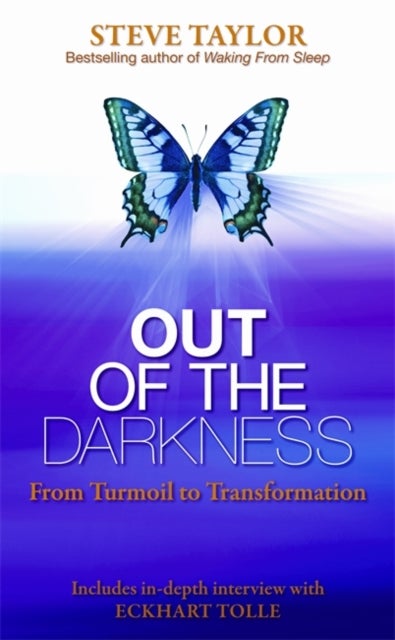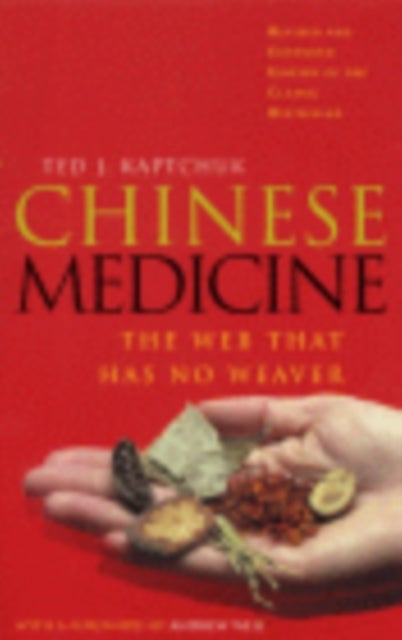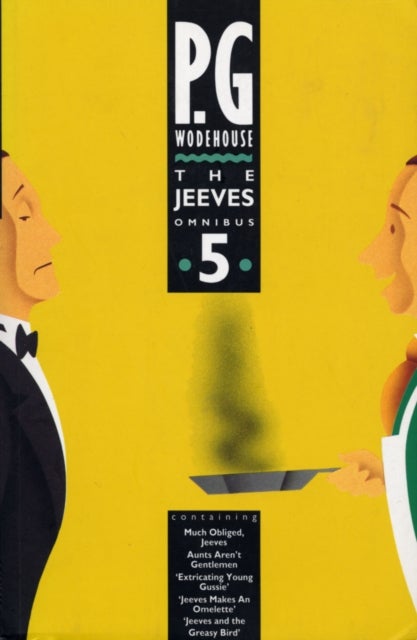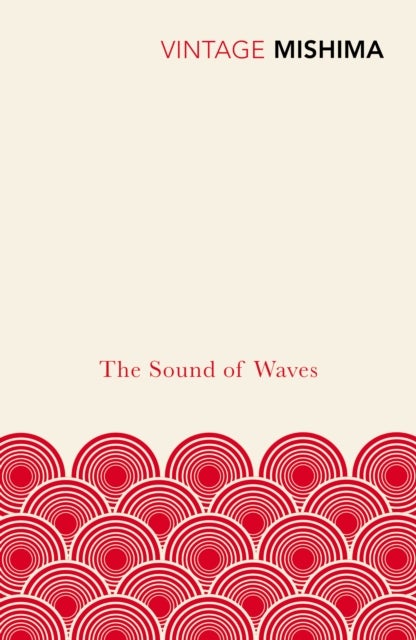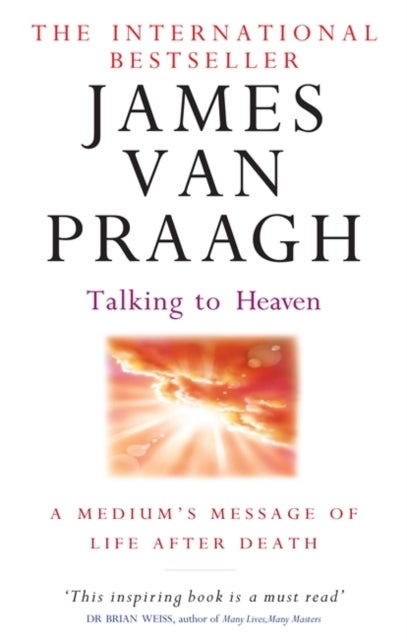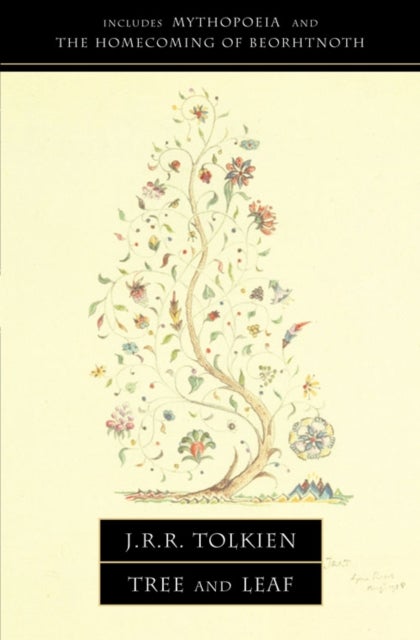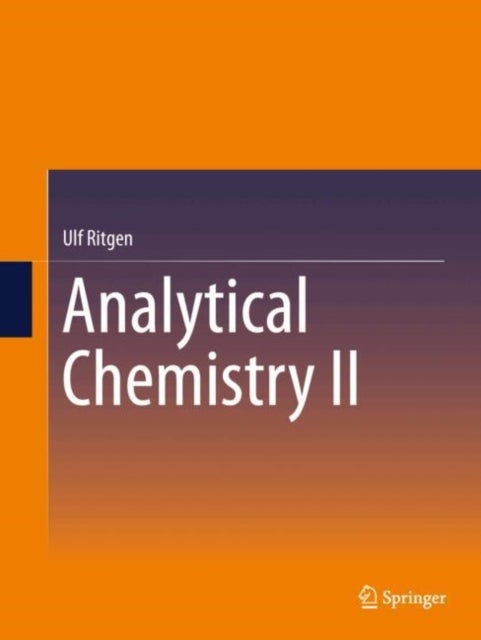
Analytical Chemistry II av Ulf Ritgen
749,-
This workbook takes you through the successful textbook Skoog/Holler/Crouch, Instrumentelle Analytik and is designed primarily for self-study.In five parts, the lecture content of more advanced analytical chemistry is summarized and explained using selected examples: mass spectrometry and nuclear magnetic resonance spectroscopy deal with the investigation of molecules, and numerous electroanalytical methods such as potentiometry, coulometry, amperometry and voltammetry are also covered. An overview of more specialized analytical methods includes the use of radioactive substances and various fluorescence methods, as well as methods of information acquisition in the increasingly important electrochemical and optical sensor technology and their automation. The course concludes with a summary of various principles and application methods of statistics, which are simply indispensable in the context of analytics. In order to facilitate independent learning, references to essential sections a


